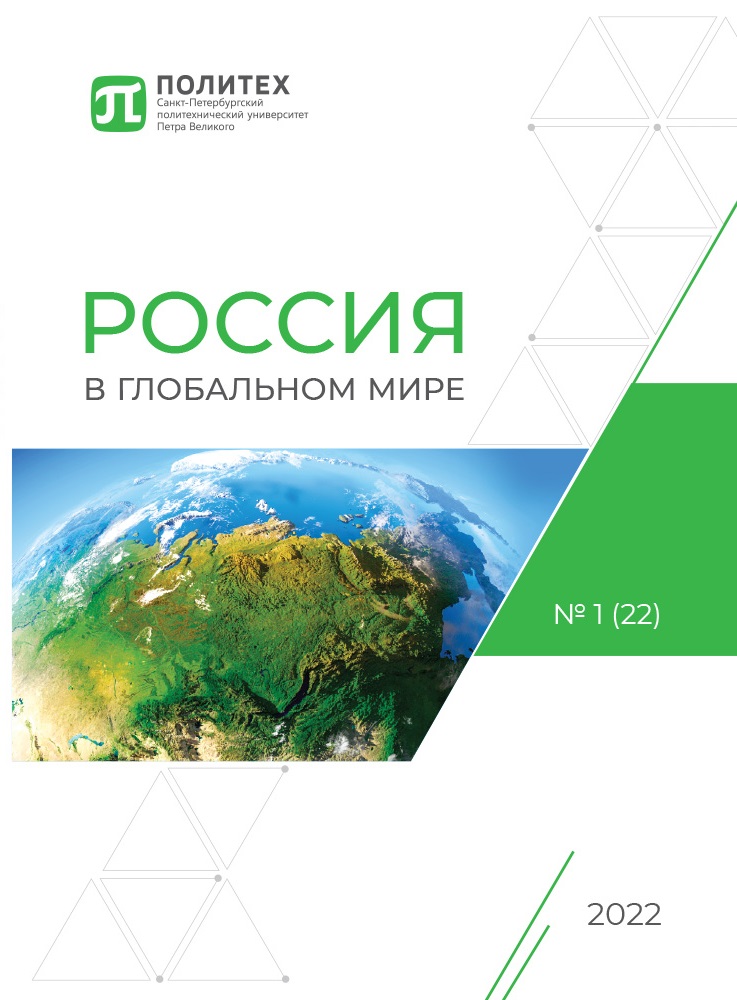Connectivity and Challenges: Analyzing the China-Mozambique Partnership in the Global South
Since the establishment of diplomatic relations in 1975, China has been an important contributor to Mozambique's progress. The Belt and Road Initiative (BRI) and Forum on China-Africa Cooperation (FOCAC) have strengthened strategic cooperation and economic ties between the two countries in a number of areas, such as infrastructure, energy, and agriculture. Important infrastructure projects and advancements in the mining and energy sectors have improved Mozambique's connectivity and ability to export resources. However, this collaboration also faces challenges, such as problems with transparency, governance, cultural disparities, and competition from Western nations, which have prevented it from reaching its full potential. This article explores the complex connection between China and Mozambique by emphasizing the political, economic, and historical factors that have influenced their collaboration. The findings highlight how crucial it is to adapt cooperative tactics in order to address issues in China-Mozambique cooperation, promote mutual gain, and promote sustainable development. The article also looks at potential future cooperation areas, especially in digital transformation and green energy, and offers ideas for how Mozambique might gain from China's expertise while strengthening local capabilities. As an indispensable player in South-South cooperation, Mozambique has the potential to establish itself as a key actor in regional stability and economic integration by participating in Global South frameworks. The China-Mozambique cooperation offers insights into how these collaborations might change to accommodate the evolving needs of developing countries, thus adds to the conversation on international relations in the Global South.


